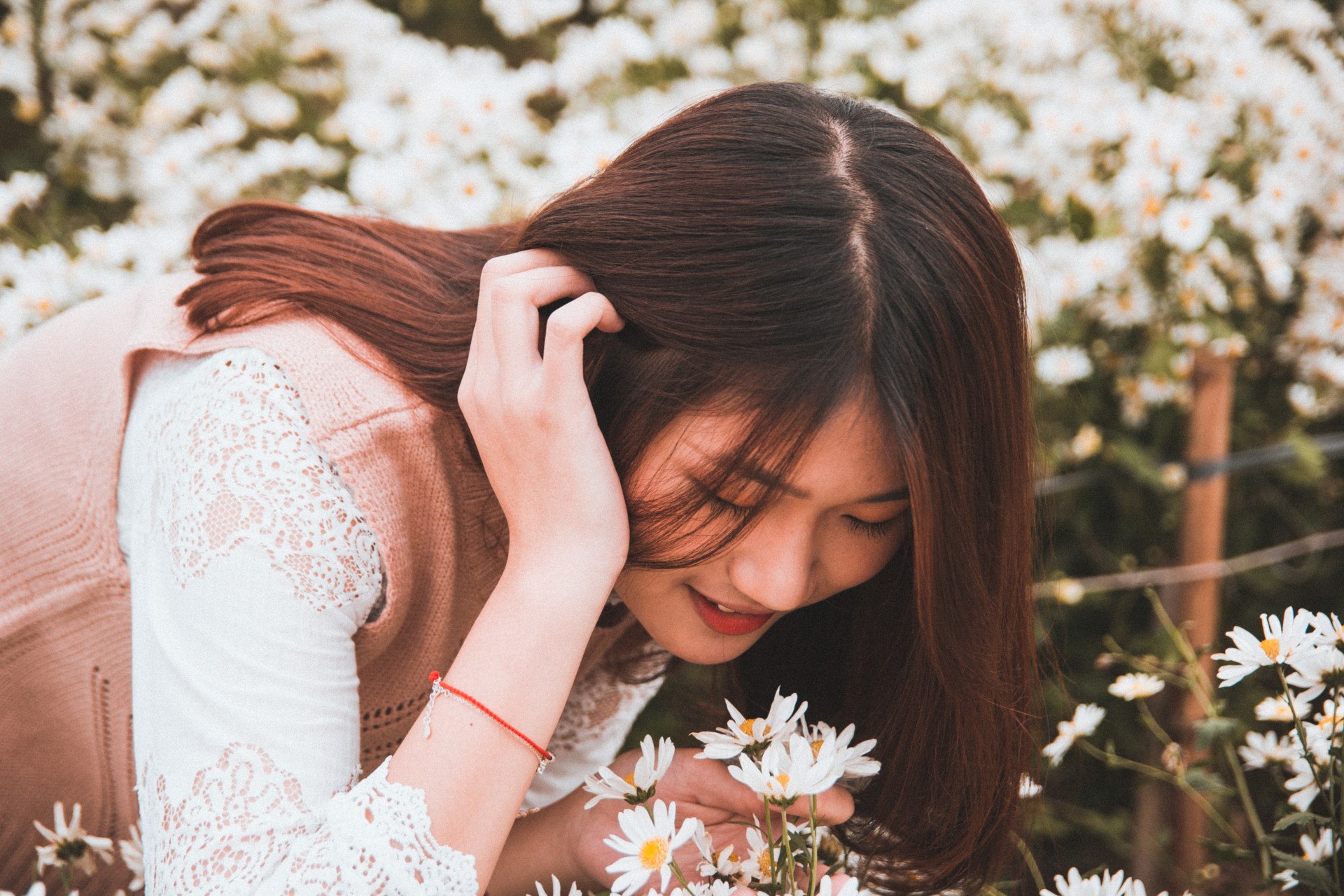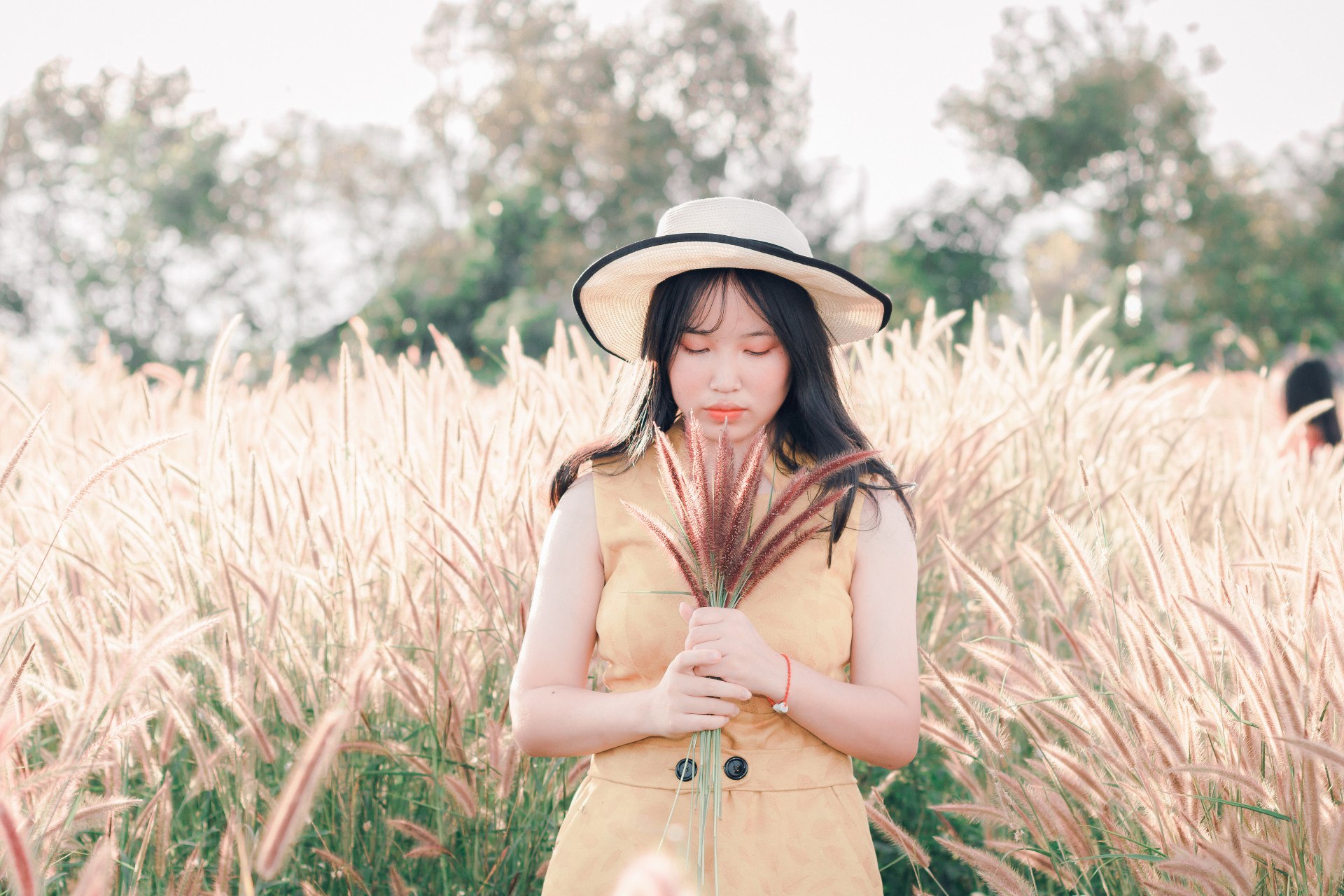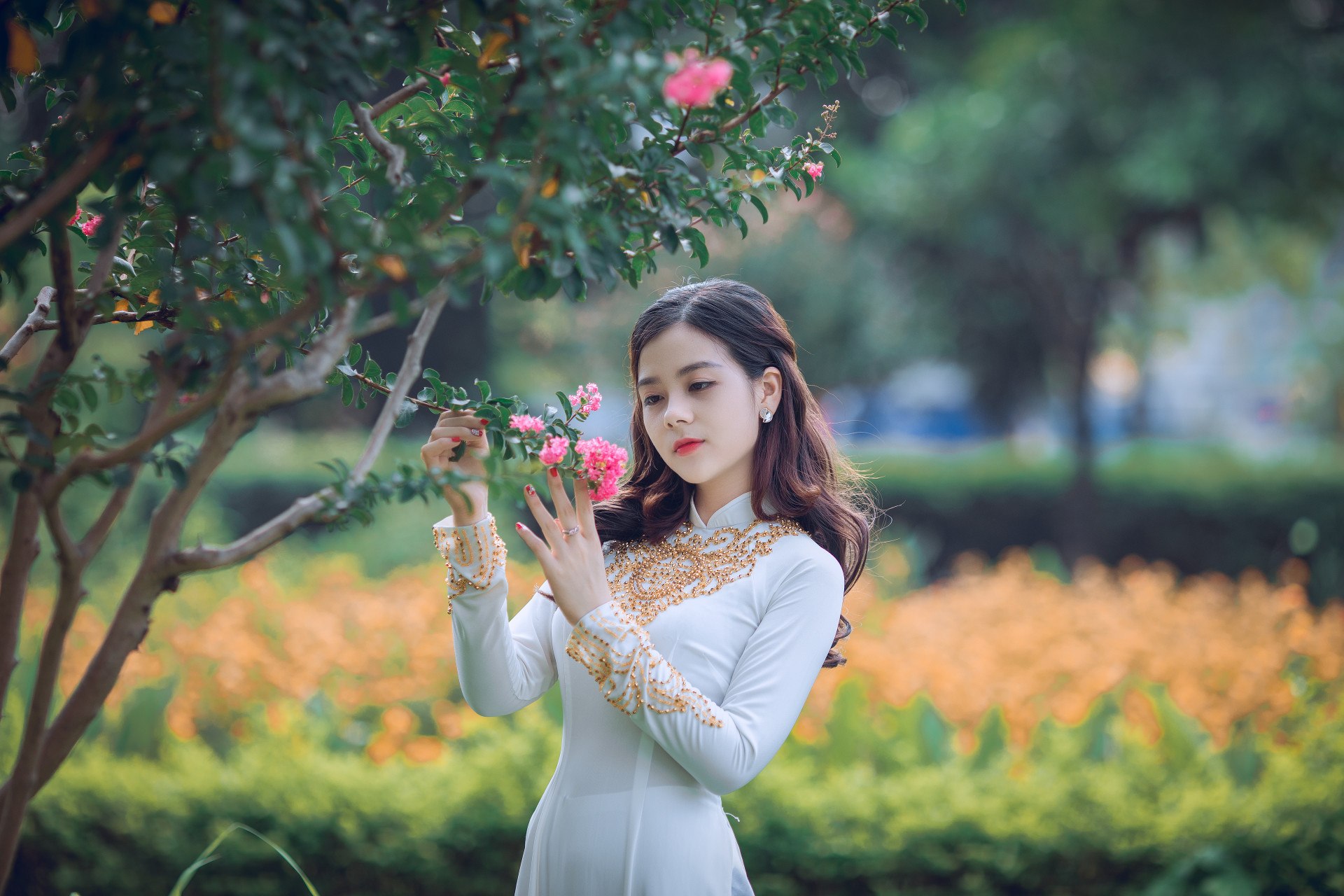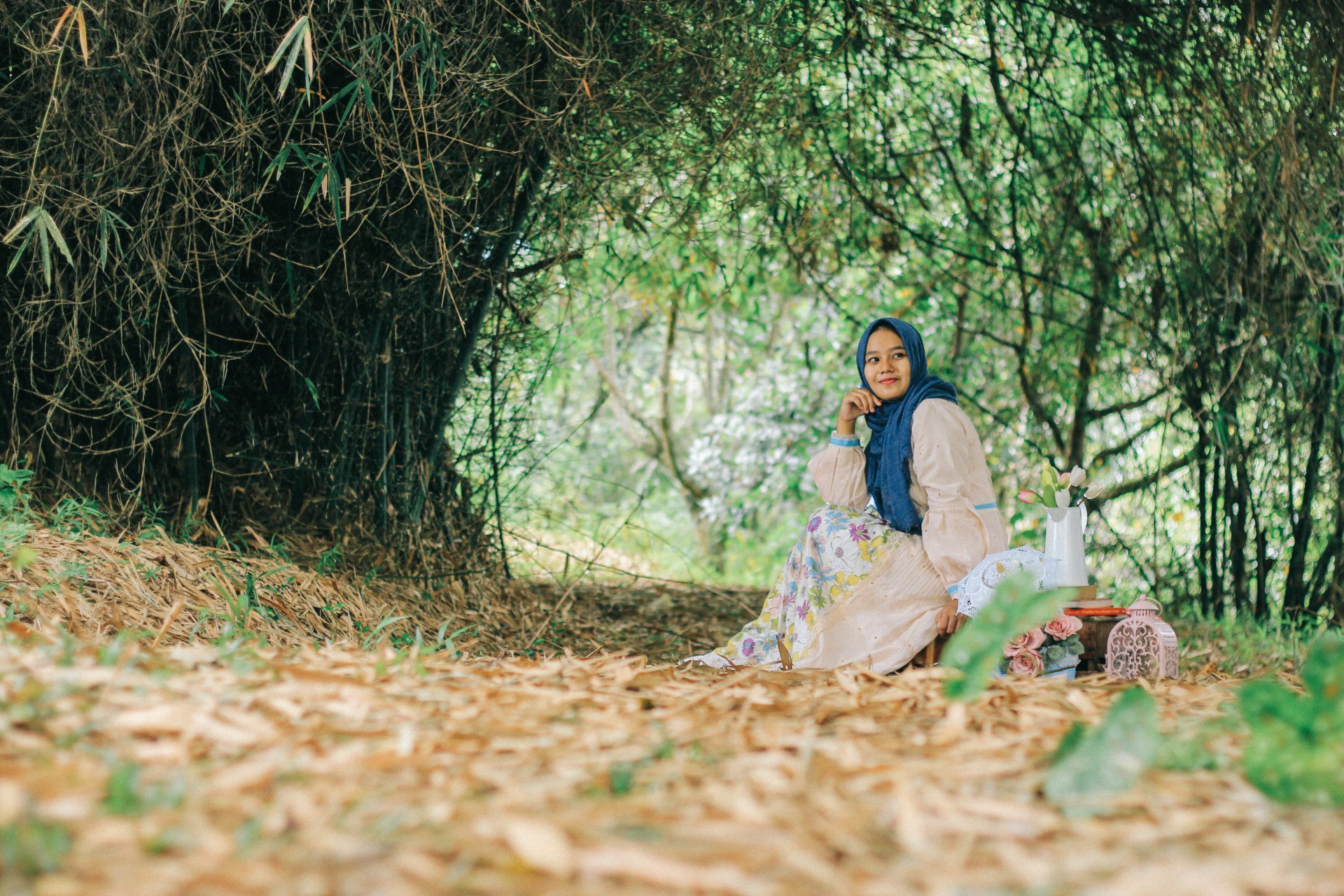Marrying a Thai girl offers a beautiful journey enriched with love, culture, and tradition. However, like any international marriage, it comes with a set of specific requirements and formalities. In this blog post, I will elucidate the necessary steps and legal requisites for marrying a Thai girl, ensuring that you are well-informed and prepared for this significant chapter of your life.
Understanding the Legal Framework
Eligibility Criteria for Foreigners
To marry a Thai girl, you must first ensure that you meet the eligibility criteria stipulated by Thai law. Both parties need to be of marriageable age, which is 17 years or over. However, it is customary to seek parental consent if either party is below 20 years old. Furthermore, neither party should be currently married to someone else, and mental soundness is a prerequisite to consent to the marriage.
Documentation and Paperwork
The aspects of an international marriage involves meticulous preparation of documentation.
- As a foreigner, you must obtain this document from your country’s embassy in Thailand. It essentially confirms that you are legally free to marry.
- Once you have the affidavit, it must be translated into Thai and certified by the Ministry of Foreign Affairs in Thailand.
- Plus documents may include copies of your passport, birth certificates, and, if applicable, divorce certificates or death certificates of previous spouses.
Cultural and Familial Considerations

The Role of the Family
In Thailand, family plays a pivotal role in marriages. Courting and winning the family’s approval is a significant milestone. It is imperative to understand and respect Thai customs, which often include a formal introduction to the bride’s family, known as the “Sinsod” or dowry practice.
- Traditionally, the groom offers a financial gift to the bride’s family, symbolizing respect and the groom’s ability to provide.
- Demonstrating respect towards the bride’s parents and elder relatives can significantly smoothen the process. Learning basic Thai phrases and cultural courtesies is a good starting point.
Engagement and Ceremonial Requirements
Thai engagements and weddings are rich in ritualistic traditions, blending Buddhist ceremonies with age-old customs.
- This may involve a “Khan Maak” procession, where the groom’s party brings gifts to the bride’s house.
- Typically, a traditional Thai wedding involves Buddhist monks blessing the couple, a water-pouring ceremony, and a feast that brings together families and friends.
Registering the Marriage

After observing the cultural rites, the next crucial step is to secure the marriage legally through registration.
- Both the bride and groom must go to the district office (Amphur) with the accompanied witnesses and required documents. A marriage officer or registrar will document your marriage in the civil registry.
- Following the civil registration, ensure that you obtain the marriage certificate. If you plan to live abroad, having this document translated and legalized is essential.
Visa and Immigration Procedures
Post-marriage, addressing visa and immigration matters becomes paramount, particularly if you wish to reside in Thailand or take your wife to your home country.
- Depending on your intended living arrangement, you may need to apply for a marriage visa in Thailand or a spouse visa if moving abroad.
- Being legally married to a Thai citizen can entail eligibility for long-term residency and potentially ease in obtaining work permits.
Navigating Potential Challenges
Common Challenges and Solutions
While the process of marrying a Thai girl is largely rewarding, potential challenges might arise.

- Communication is key in any relationship. Investing time in learning Thai helps in bridging the gap.
- Embrace and respect the cultural variations. Intercultural sensitivity is critical.
- Staying abreast of updates in marriage laws is crucial as they can change.
What are the cultural aspects to consider when marrying a Thai woman?
Marrying someone from a different cultural background can be rewarding but inevitably involves its own set of challenges. When it comes to tying the knot with a Thai woman, gaining a comprehensive understanding of her cultural nuances can help smoothen this significant transition. As someone who has experienced it firsthand, I offer you an inside look into the unique cultural aspects you should consider.
Respect for Elders and Hierarchical Structures
Thailand profoundly values social hierarchy, which manifests in the significance placed on respecting elders. From a young age, Thai children are taught to show deference to older individuals. When marrying a Thai woman, this cultural norm extends to your interactions with her family. For instance, you might observe that younger family members bow slightly or wai—a traditional Thai greeting resembling a prayer gesture—to their elders.
Also, when planning any family gathering or event, always give priority to older family members concerning seating arrangements or even food servings. This act demonstrates your understanding and respect for Thai customs, making a positive impression on your future in-laws.

The Role of Buddhism in Daily Life
Buddhism is more than a religion in Thailand; it is a way of life that pervades day-to-day activities. If you are unfamiliar with Buddhist practices, it’s important to do some research. Most Thai women grow up participating in traditional Buddhist rituals, including temple visits, monk ordination ceremonies, and offering food to monks.
If your future spouse is devout, she might expect you to join her in these religious activities. Understanding concepts such as ‘merit-making’ or ‘karma’ will help you adapt to these practices. Furthermore, it’s compassionate to honor sacred spaces and attires. Never point your feet at a Buddha statue, and always dress modestly when visiting temples.
Importance of Family and Community
In Thai culture, the family unit holds immense importance. Unlike some Western cultures where individualism is emphasized, Thai people often make decisions that benefit the family collectively. Therefore, when marrying a Thai woman, you will likely find yourself becoming an integral part of her family’s communal activities.
These family gatherings are not limited to special occasions but are frequent and spontaneous. Whether it’s a weekend visit to her parents’ home or participating in extended family dinners, being equally present and involved will strengthen your relationship. Offering help and showing willingness to contribute further instills a sense of familial bond.

The Concept of ‘Sanuk’ and Living in the Moment
‘Sanuk’ is a uniquely Thai concept that loosely translates to fun or enjoyment. However, it is more accurately a philosophy of living joyfully and finding pleasure in even mundane tasks. Whether you’re working, eating, or spending quality time with family, embracing ‘Sanuk’ can lead to a richer, happier life.
When your Thai spouse invites you to participate in seemingly trivial activities such as cooking a meal together or dancing to traditional Thai music, try to immerse yourself fully. This philosophy also extends to social events and gatherings. It’s essential to approach life with a balanced perspective, where work and enjoyment coexist harmoniously.
Financial and Career Expectations
Financial pledges, such as the bride price or ‘sin sod’, are a traditional aspect of Thai marriages. This custom is not merely a financial transaction but symbolizes respect and gratitude towards the bride’s parents. Discussing this upfront with your partner can alleviate any misunderstandings. Each family may have different expectations, so it’s important to communicate openly.
Career-wise, Thai women often balance professional ambitions with family responsibilities. In many cases, gender roles in Thailand can appear more traditional, with an emphasis on the man as the primary provider. However, this is not an absolute rule, and more modern couples adopt shared responsibilities. Open conversations about your career goals and mutual financial responsibilities will help align expectations.

Cuisine and Dietary Customs
Thai cuisine is globally celebrated for its diversity and spectacular flavors. Marrying a Thai woman implies that you will be introduced to a plethora of traditional Thai dishes. Familiarize yourself with common Thai ingredients like fish sauce, Thai basil, and lemongrass. Additionally, understanding the cultural nuances surrounding food, such as sharing dishes communally and eating rice as the main staple, can make dining experiences enjoyable.
Enthusiastically trying her family’s home-cooked meals or learning to cook some basic Thai dishes will endear you to her loved ones. Furthermore, showing appreciation for her culinary culture reinforces your commitment to embracing her heritage.
Are Thai women open to marrying foreigners?
To understand the openness of Thai women to marrying foreigners, it is essential first to acknowledge the undeniable influence of traditional values intertwined with modern inclinations. Thailand, with its historical reverence for Buddhist principles, has seen a gradual yet significant transformation in the attitudes of its younger generations, thanks to globalization and increased access to the internet and media.
Nevertheless, traditional values such as family approval, respect for elders, and the importance of harmonious relationships still hold considerable weight. Within this framework, Thai women may initially experience internal and external pressure to conform to conventional marital expectations. However, modern influences have empowered many to seek fulfilling relationships based on mutual respect, love, and understanding, transcending cultural boundaries.

Factors Encouraging Cross-Cultural Marriages
Several factors contribute to the increasing openness among Thai women to consider marrying foreigners. First and foremost, the educational and professional advancements seen among Thai women lead many to interact with people from diverse backgrounds, broadening their outlook on marriage. Hence, college-educated and career-driven women are more likely to appreciate and entertain the idea of marrying someone from another culture.
Additionally, the rise of social media platforms and online dating sites has provided a virtual space where people from different parts of the world can connect and communicate. These interactions often pave the way for relationships that might otherwise never have materialized, contributing to a surge in cross-cultural marriages.
Moreover, the perception that foreign men might offer better economic stability and emotional companionship can also play a role. While it is a stereotype to assume that financial security is the primary motivation, it would be remiss not to acknowledge its influence. Many Thai women may seek foreign partners as a way to explore different lifestyles and possibilities, which they might feel are less accessible with local partners.
Navigating the Challenges
Despite growing openness, navigating a successful cross-cultural marriage can present unique challenges that require understanding and compromise on both sides. Language barriers and cultural misunderstandings rank high among the common issues that couples typically face. While English is increasingly taught in schools, not all Thai women are proficient, and relying on translations can sometimes lead to miscommunication. Therefore, learning each other’s languages or finding effective communication methods becomes a crucial part of a successful relationship.
And, family integration can be particularly challenging. Due to the strong sense of familial obligations in Thai culture, gaining acceptance from a Thai woman’s family is often a critical step in the relationship. Foreign partners need to build respectful and genuine connections with family members, understanding and honoring their customs and traditions.
Cultural sensitivity is another significant factor. Recognizing and appreciating the differences between both cultures fosters a harmonious relationship. For instance, understanding the Thai concept of “saving face,” which emphasizes maintaining respect and avoiding public confrontations, can alleviate potential tensions.
Personal Experiences and Testimonials
To provide a more comprehensive overview, I reached out to a few Thai women and couples who have navigated these unions. Maria, a 35-year-old Thai woman married to an American, shares her thoughts: “Meeting my husband felt like meeting my soul mate. Of course, we have faced challenges, but our commitment to understanding each other’s backgrounds has made our bond stronger. It’s a journey where we learn and grow together.”
Similarly, Justin, a British expat married to a Thai woman, reflects, “My wife and I come from different worlds, but our love and respect for each other bridges that gap. Embracing Thai culture and traditions has enriched my life, and I believe that our differences have only made our connection deeper.”
These testimonials highlight a common theme: the journey may be filled with complexities, but the rewards of a successful intercultural marriage often outweigh the challenges.
Conclusion and Future Trends
Many Thai women are increasingly open to marrying foreigners, influenced by a blend of traditional values and contemporary thoughts. While factors such as educational and professional opportunities, online platforms, and perceptions of economic stability play significant roles, the core of such relationships lies in mutual respect, understanding, and love.
Looking ahead, the future trend is likely to see a rise in cross-cultural marriages as globalization continues to draw people from diverse backgrounds into each other’s lives. This trend necessitates a call for greater cultural sensitivity and appreciation, fostering relationships that celebrate differences rather than be hindered by them.


